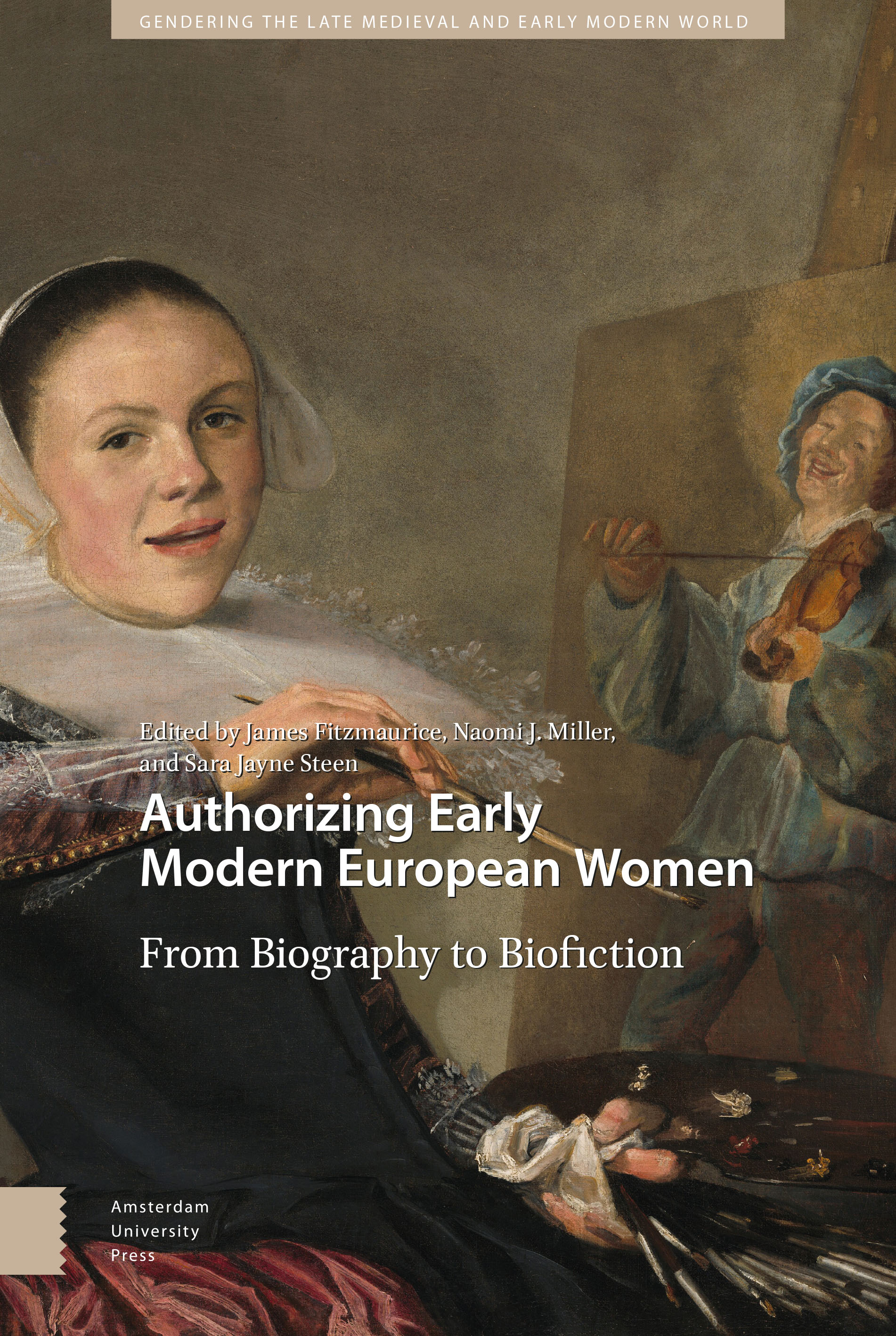10 - “Imagining Shakespeare’s Sisters: Fictionalizing Mary Sidney Herbert and Mary Sidney Wroth”
Published online by Cambridge University Press: 16 December 2021
Summary
Abstract
My projected biofiction series, Shakespeare's Sisters, comprises six interrelated historical novels that convey the stories of early modern women authors from their own perspectives. As epitomized by the first of these, Imperfect Alchemist, the series offers imaginative engagements with an array of early modern figures, with women writers at the center of the narrative. This essay explores how biofiction can differ from biography in imagining and making visible both individual convictions and strategies of authorship that worked to challenge and transform popular assumptions about gender in another era. My essay considers how authors of biofiction can explore challenges and expectations facing early modern women that resonate with modern audiences.
Keywords: biography, biofiction, Mary Sidney Herbert, Mary Wroth
While initial critical attention to the phenomenon of biofiction centered upon male subjects and masculine narratives, the scholarly field has expanded significantly to address both feminist perspectives and female subjects. Nonetheless, when attending to fiction about early modern subjects, one finds that popular novels about actual, rather than invented, Renaissance women often picture them in relation to powerful men. One need look no further than the steady stream of novels about the wives of Henry VIII, perpetuating a phenomenon that I have termed the “Noah's ark approach,” which positions women in dependent relation to already canonical or culturally powerful male figures. Contemporary readers of historical fiction have missed out on an extraordinary array of women's voices that were heard in their own period – whether acclaimed or reviled – but then silenced over time and excluded from the canon of accepted classics. More recently, however, as this volume of essays indicates, there has been a steady increase in biofiction about women creators from earlier periods.
My own projected biofiction series, Shakespeare's Sisters, comprises six interrelated historical novels that convey the stories of early modern women authors from their own perspectives. After 30 years as a scholar of early modern women, I realized that my work wasn't close to being complete as long as the wider public had no awareness of the remarkable women authors who were published and read in the time of Shakespeare. The novels in the series offer imaginative engagements with an array of early modern figures – from queens to commoners.
- Type
- Chapter
- Information
- Authorizing Early Modern European WomenFrom Biography to Biofiction, pp. 129 - 140Publisher: Amsterdam University PressPrint publication year: 2021

